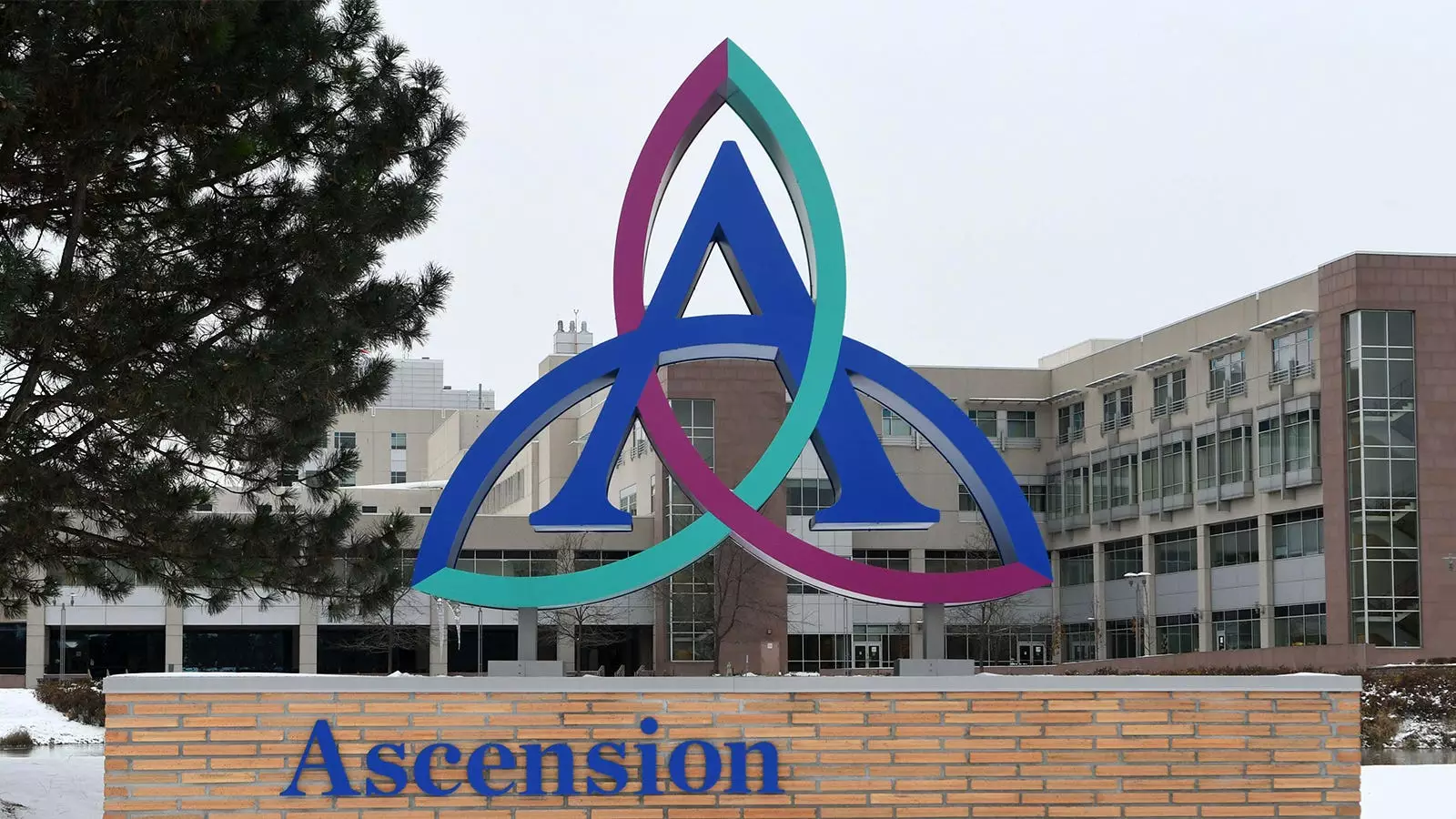With the rising prevalence of cyberattacks targeting healthcare systems, the recent breach at the Ascension health system has brought to light the vulnerability of crucial hospital networks. The attack, which affected hospitals across 19 states in the U.S., caused significant disruptions, including the diversion of ambulances, delays in medical tests, and the suspension of online access to patient records. While the specifics of the attack remain undisclosed, the involvement of Mandiant, a leading cybersecurity unit, hints at the possibility of ransomware being the cause.
The aftermath of the cyberattack on Ascension has highlighted several challenges faced by the health system in restoring normal operations. The incident led to the offline status of both the electronic health record (EHR) system and the patient-accessible MyChart system, impacting the efficiency of patient care and communication with healthcare providers. The disruption forced hospital IT officials to adopt downtime procedures, such as disconnecting EHRs and appointment-scheduling systems, to prevent the automated spread of ransomware.
The cyberattack on Ascension had a direct impact on patient care and hospital operations, with ambulances being diverted from several hospitals and patients experiencing delays in essential medical procedures. Reports from various locations mentioned missed CT scans, mammograms, and prescription refills due to the system downtime. In some instances, hospital staff resorted to manual methods, such as using pen and paper, to address medical emergencies in the absence of digital communication tools.
The incident at Ascension is indicative of a broader trend of increasing ransomware attacks targeting the healthcare sector. Cybersecurity experts note a substantial rise in such attacks, with threat actors often resorting to data theft as a means of extortion. By encrypting critical data and leveraging the threat of data exposure, ransomware criminals compel organizations to pay hefty sums to regain control of their systems. The repercussions of such attacks extend beyond financial losses to include operational disruptions and compromised patient care.
In the wake of the cyberattack on Ascension and similar incidents in the healthcare industry, organizations are compelled to reevaluate their cybersecurity strategies and enhance their preparedness against evolving threats. Implementing robust security measures, such as multifactor authentication and secure cloud storage, is crucial to mitigating the risks associated with cyber intrusions. Additionally, regular vulnerability assessments, employee training initiatives, and rapid incident response plans are essential components of a comprehensive cybersecurity framework.
As healthcare systems continue to grapple with the escalating threat of cyberattacks, the recent breach at the Ascension health system serves as a stark reminder of the vulnerability of critical infrastructure. The repercussions of such incidents extend beyond financial implications to include patient safety, operational efficiency, and public trust. By investing in proactive cybersecurity measures and fostering a culture of vigilance, healthcare organizations can fortify their defenses and safeguard the integrity of patient care in an increasingly digitized landscape.


Leave a Reply